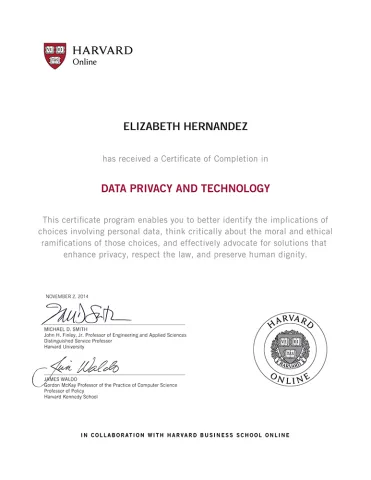
Facilitating Peaceful Resolutions: The Impact of Online Dispute Resolution Platforms
The realm of dispute resolution has undergone a digital transformation with the advent of online dispute resolution platforms. This article explores the significance of these platforms, their impact on accessible and efficient conflict resolution, and how they are reshaping traditional methods of dispute resolution.
Bridging Distances for Efficient Resolution
Online dispute resolution platforms serve as a bridge, overcoming geographical barriers to bring disputing parties together in a virtual space. This digital approach facilitates efficient conflict resolution, allowing parties to engage in the resolution process without the need for physical presence. This level of accessibility promotes inclusivity and widens the scope for resolving disputes on a global scale.
Convenience and Accessibility
One of the primary advantages of online dispute resolution is the convenience it offers to involved parties. Participants can engage in the resolution process from the comfort of their own locations, reducing the logistical challenges associated with traditional dispute resolution methods. This convenience encourages broader participation and ensures that the resolution process accommodates the diverse needs of individuals and businesses.
Transparent and Neutral Proceedings
Online dispute resolution platforms prioritize transparency and neutrality in the resolution proceedings. The digital nature of these platforms allows for a clear and structured presentation of evidence and arguments. Additionally, the platform itself is designed to remain impartial, fostering an environment where disputes are resolved based on the merits of the case rather than external factors.
Diverse Range of Dispute Types
Online dispute resolution platforms cater to a diverse range of dispute types, from e-commerce conflicts to contractual disagreements. The flexibility of these platforms enables them to adapt to various legal contexts and industries, making them versatile tools for resolving disputes in different domains. This adaptability is crucial in providing accessible resolution mechanisms for a wide array of situations.
Integration of Technology for Efficiency
The integration of technology is a key feature of online dispute resolution platforms, contributing to the efficiency of the resolution process. Features such as real-time communication, document sharing, and virtual hearings streamline the proceedings, ensuring that disputes are resolved promptly. The use of technology enhances the overall efficiency and effectiveness of the resolution platform.
Cost-Effective Dispute Resolution
Traditional dispute resolution methods often involve significant costs associated with legal representation, travel, and administrative expenses. Online dispute resolution platforms offer a cost-effective alternative, reducing the financial burden on the parties involved. This affordability makes dispute resolution more accessible, particularly for individuals and small businesses seeking a resolution without exorbitant expenses.
Impartial Decision-Making
The decision-making process in online dispute resolution platforms is facilitated by impartial algorithms or neutral human arbitrators. This impartiality ensures that decisions are made based on the merits of the case rather than subjective biases. Parties involved can have confidence in the fairness of the resolution process, contributing to a more trustworthy and credible dispute resolution mechanism.
Enhanced Privacy and Confidentiality
Privacy and confidentiality are paramount in dispute resolution, especially when dealing with sensitive matters. Online dispute resolution platforms prioritize the privacy and confidentiality of the parties involved. Secure communication channels, encrypted data storage, and strict adherence to privacy protocols contribute to a secure environment for resolving disputes without compromising confidentiality.
Increased Flexibility in Scheduling
The asynchronous nature of online dispute resolution platforms allows for increased flexibility in scheduling resolution sessions. Parties and arbitrators can participate at times that suit their schedules, accommodating different time zones and work commitments. This flexibility eliminates the constraints associated with fixed schedules, making the resolution process more convenient for all involved.
Facilitating Post-Resolution Compliance
Online dispute resolution platforms often include mechanisms for monitoring and ensuring post-resolution compliance. This ensures that the agreed-upon resolutions are implemented, and parties adhere to the terms. The platform’s digital infrastructure allows for efficient tracking and verification, providing a comprehensive solution that extends beyond the resolution phase.
Exploring the Future of Dispute Resolution
To explore the transformative capabilities of online dispute resolution platforms, visit Online Dispute Resolution Platforms. Discover how these innovative tools are reshaping the landscape of conflict resolution, providing accessible, efficient, and technology-driven mechanisms for resolving disputes in diverse contexts.
In conclusion, online dispute resolution platforms are revolutionizing the field of conflict resolution by leveraging technology to enhance accessibility, transparency, and efficiency. As these platforms continue to evolve, they are likely to play an increasingly prominent role in providing individuals and businesses with effective tools for resolving disputes in an ever-connected world.




